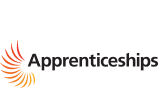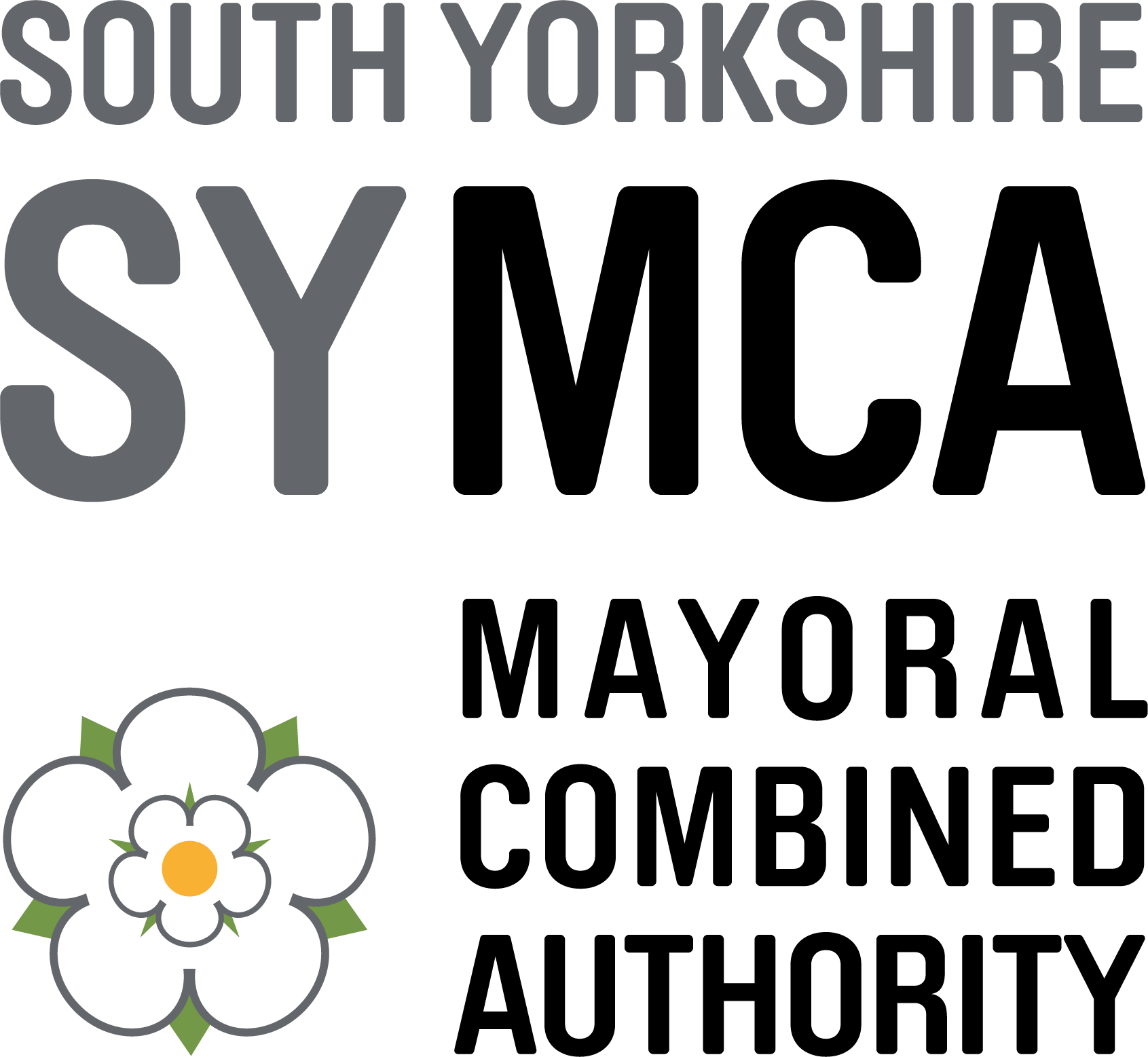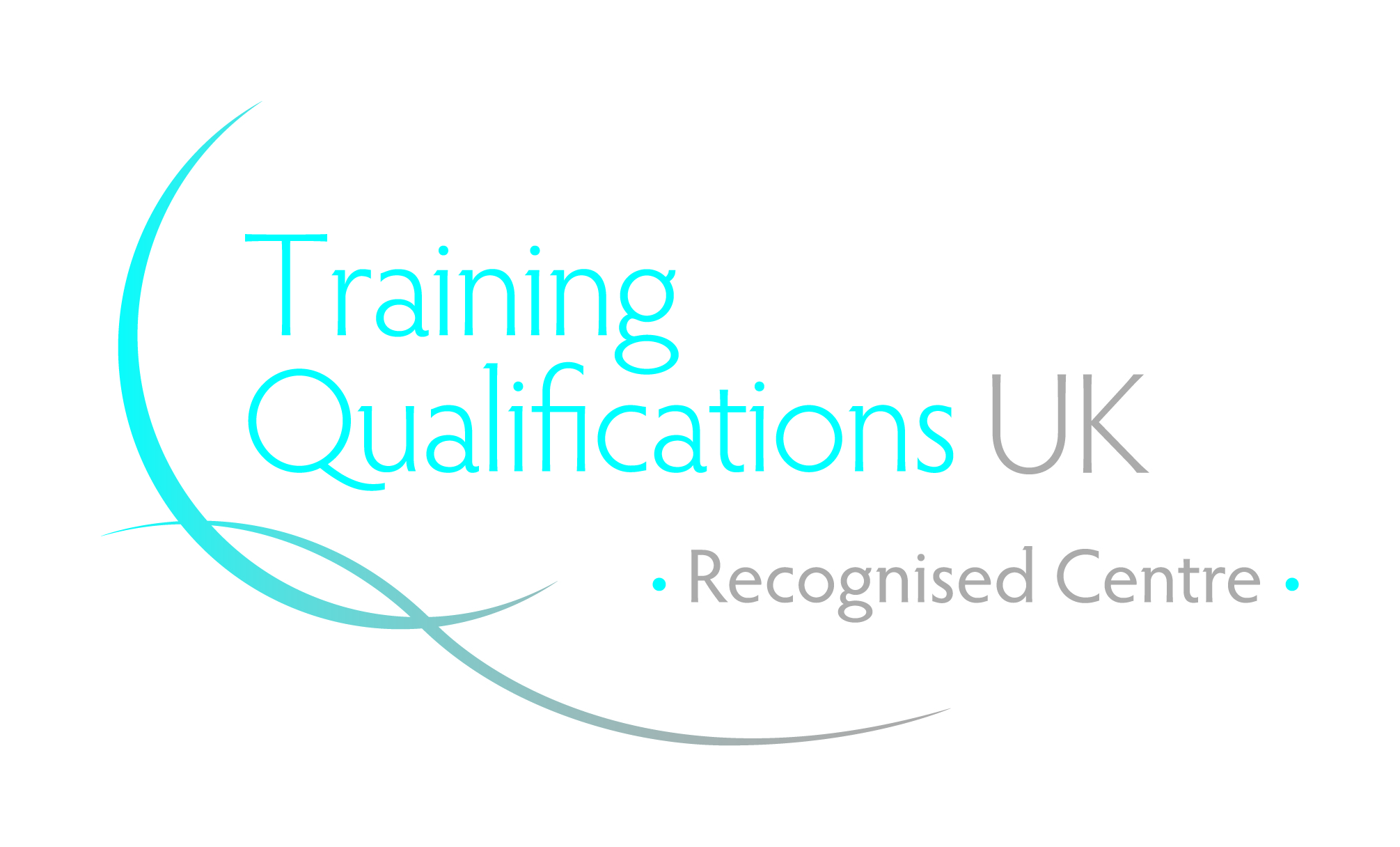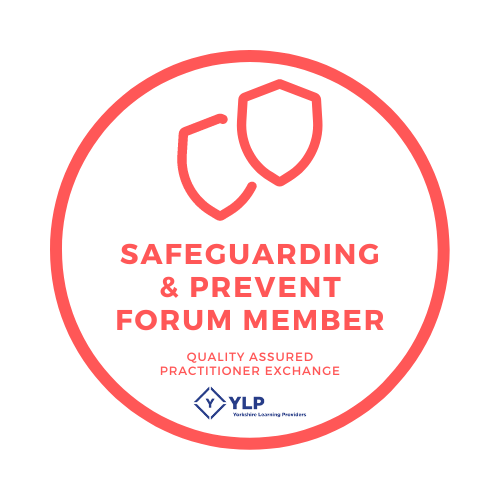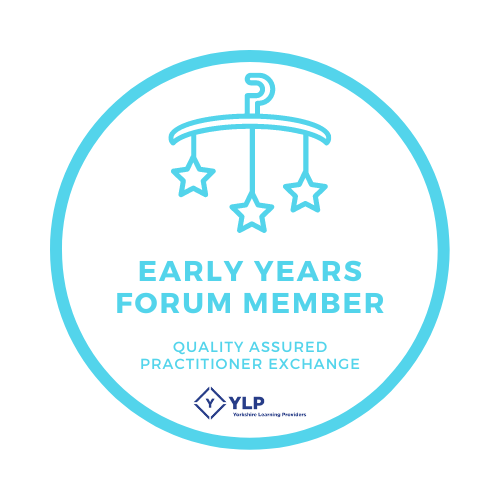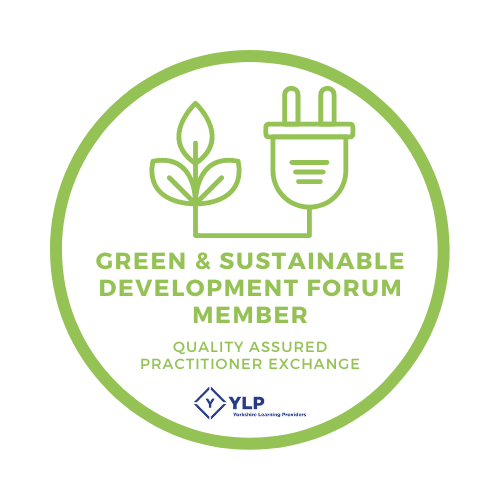Team Leader Apprenticeship
Team Leaders work in organisations of all sizes across private, public and third sectors. They provide first-line management, supervising individuals or teams and supporting senior managers. Responsibilities include planning workloads, managing projects, resolving problems and building strong relationships internally and externally.
Typical Job Titles
- Team Leader
- Supervisor
- Project Officer
- Shift Manager
Flexible start dates
Knowledge
- Leadership styles and team management
- HR systems, performance management and legal compliance
- Building relationships and managing conflict
- Communication methods and meeting management
- Operational and project management principles
- Data analysis and resource planning
Skills
- Leading and supporting team members
- Managing projects and delivering operational plans
- Communicating effectively and providing feedback
- Problem-solving and decision-making
- Building stakeholder relationships
Behaviours
- Professionalism and integrity
- Collaboration and inclusivity
- Adaptability and resilience
- Commitment to continuous improvement
This is a work-based learning programme which is supported by:
- Tutor-led interactive virtual workshops
- Self-study learning activities
- Industry and teaching/coaching experts
- Continuous reflective professional discussions
On successful completion, you will achieve a Level 3 Team Leader Apprenticeship.
This apprenticeship aligns with the Chartered Management Institute (CMI) for Associate Membership. It also aligns with the Institute of Leadership (ILM) for Associate Membership to support professional recognition, career development and progression.
Ideally, applicants will hold a GCSE grade A*-C/9-4 in maths and English or equivalent.
Apprentices without Level 2 English and maths will need to achieve this level prior to completion of their Apprenticeship.
Functional Skills is no longer a mandated requirement for apprentices aged 19 or above. However, some programmes may have minimum entry level requirements for English and maths due to the nature of the programme. Apprentices who wish to opt out of Functional Skills must have approval from their employer.
There is no cost to the apprentice. Please get in touch for further information.
If you are an employer, please visit: GC Education & Skills Business | Team Leader
The following assessment methods are used for the Level 3 Team Leader Apprenticeship:
Project with report
Apprentices will complete a project and write a report. The title and scope must be agreed with the EPAO at the gateway. T
Apprentices will need to prepare and give a presentation to an independent assessor. Their presentation slides and any supporting materials should be submitted at the same time as the project output. The presentation with questions will last at least 60 minutes. The independent assessor will ask at least 6 questions about the project and presentation.
Professional discussion underpinned by a portfolio of evidence
Apprentices will have a professional discussion with an independent assessor. It will last 60 minutes. They will ask at least 6 questions. The questions will be about certain aspects of their occupation. They need to compile a portfolio of evidence before the EPA gateway. Apprentices can use it to help answer the questions.
EPA stands for End-Point Assessment.
It is the final stage of an apprenticeship, where apprentices are assessed to ensure they have gained the necessary knowledge, skills, and behaviours outlined in their apprenticeship standard.
The EPA is conducted by an independent assessment organisation and can involve various methods such as exams, projects, professional discussions, or presentations. Successfully passing the EPA is required for the apprentice to complete their apprenticeship and receive certification.
An EPAO (End-Point Assessment Organisation) is an independent body responsible for conducting the End-Point Assessment (EPA) for apprenticeships. The EPAO ensures that the assessment is carried out impartially and in line with the apprenticeship standard.
They are responsible for verifying that apprentices have met all the necessary criteria to complete their training and are ready for their role in the workplace.
A team leader is responsible for:
- Supporting and developing team members
- Managing projects
- Planning and allocating workloads
- Delivering operational plans
- Resolving problems and conflicts
- Building relationships within and outside the organisation.
Typical roles include:
- Team Leader
- Supervisor
- Project Officer
- Shift Manager
- Foreperson
- Operations Coordinator
